Nursing Assignment: Patient Care, Diagnosis, and Planning
VerifiedAdded on 2022/09/10
|6
|880
|21
Homework Assignment
AI Summary
This assignment presents a comprehensive nursing care plan for a patient named Mrs. Yu Yan McFarlane, who underwent an abdominal hysterectomy. It includes a nursing diagnosis, planning, and interventions for various issues such as abdominal pain, post-surgery constipation, situational low self-image, myocardial ischemia, and anxiety/depression. Each section outlines the patient's condition, nursing interventions (including medication adjustments, heat pads, fluid intake, dietary fiber, music therapy, and emotional support), and expected outcomes. The second part of the assignment discusses the causes of disease and illness, including pathogens, inherited genetic conditions, trauma, toxins, nutritional factors, health interventions, degenerative changes, and loss of normal control mechanisms. For each cause, it details key features and the resulting physical, emotional, and mental impacts, providing a thorough overview of patient care and disease understanding.
1 out of 6
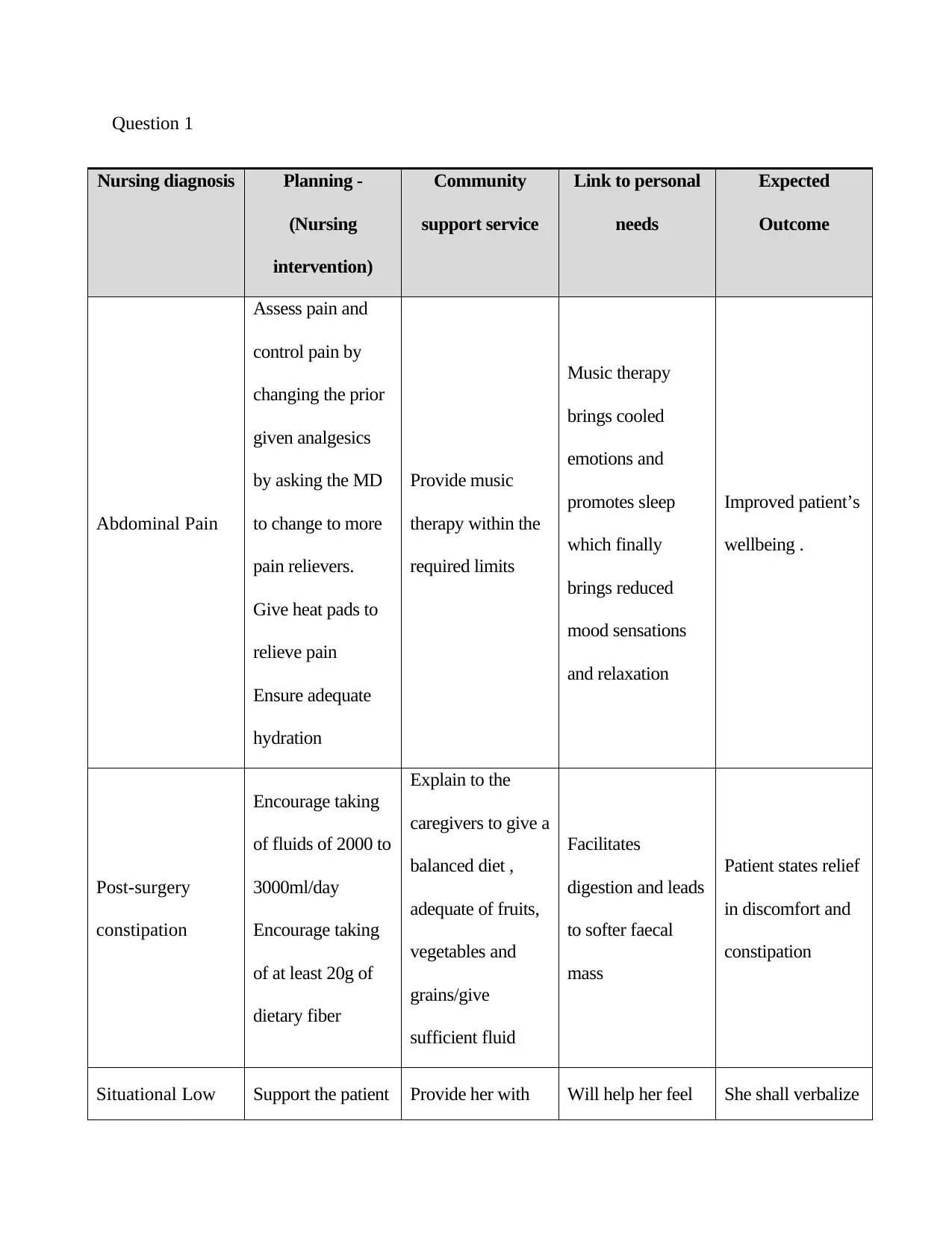
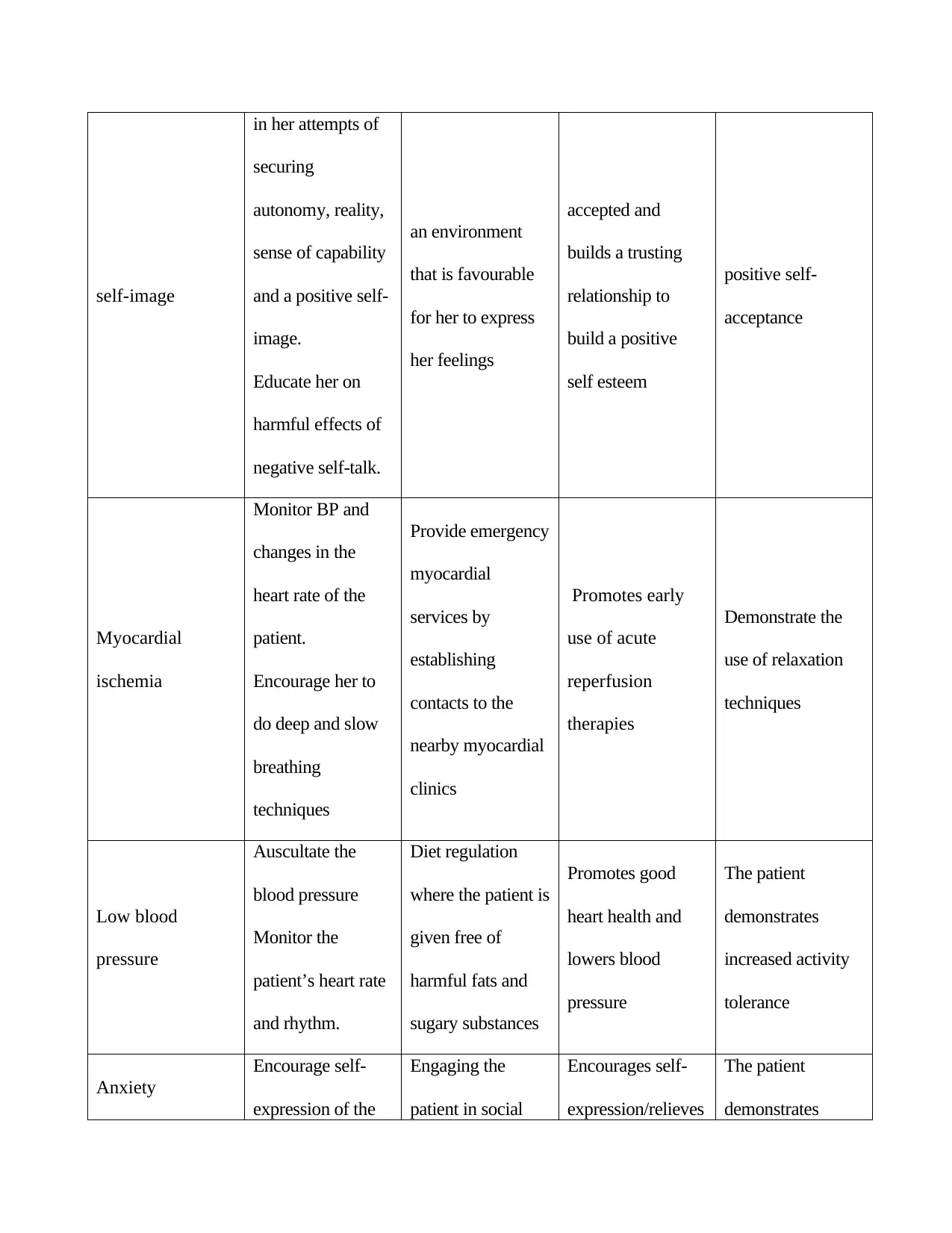
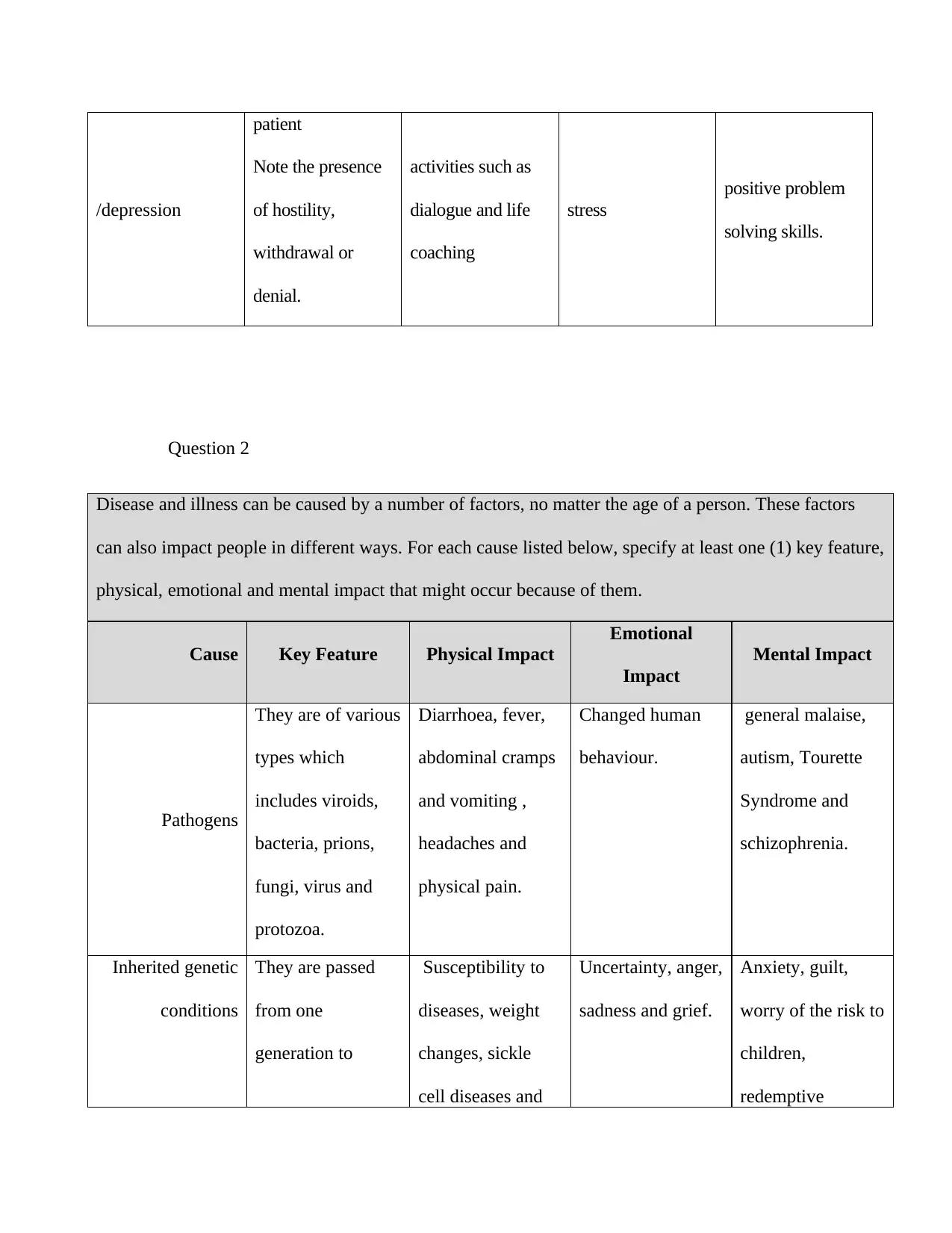

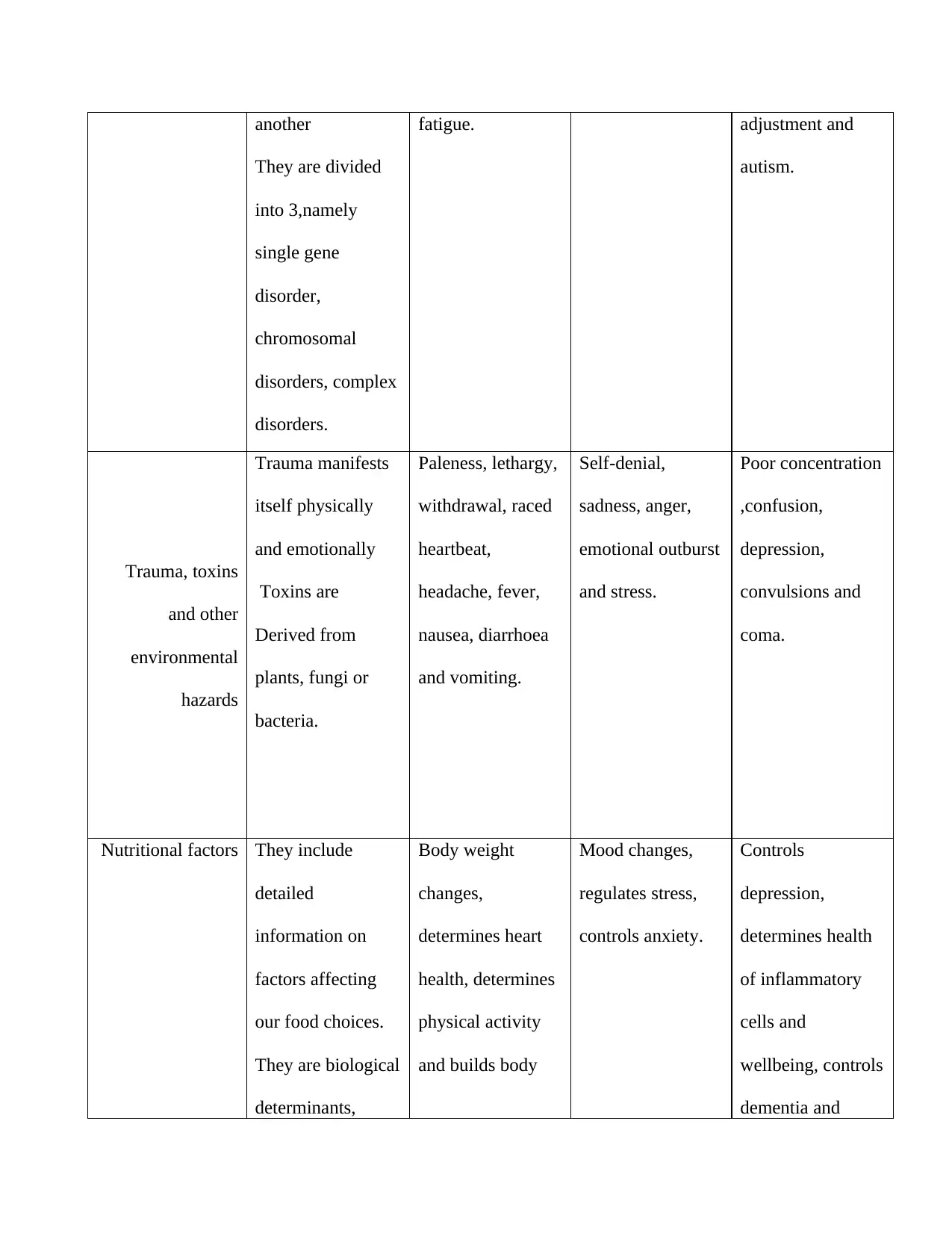
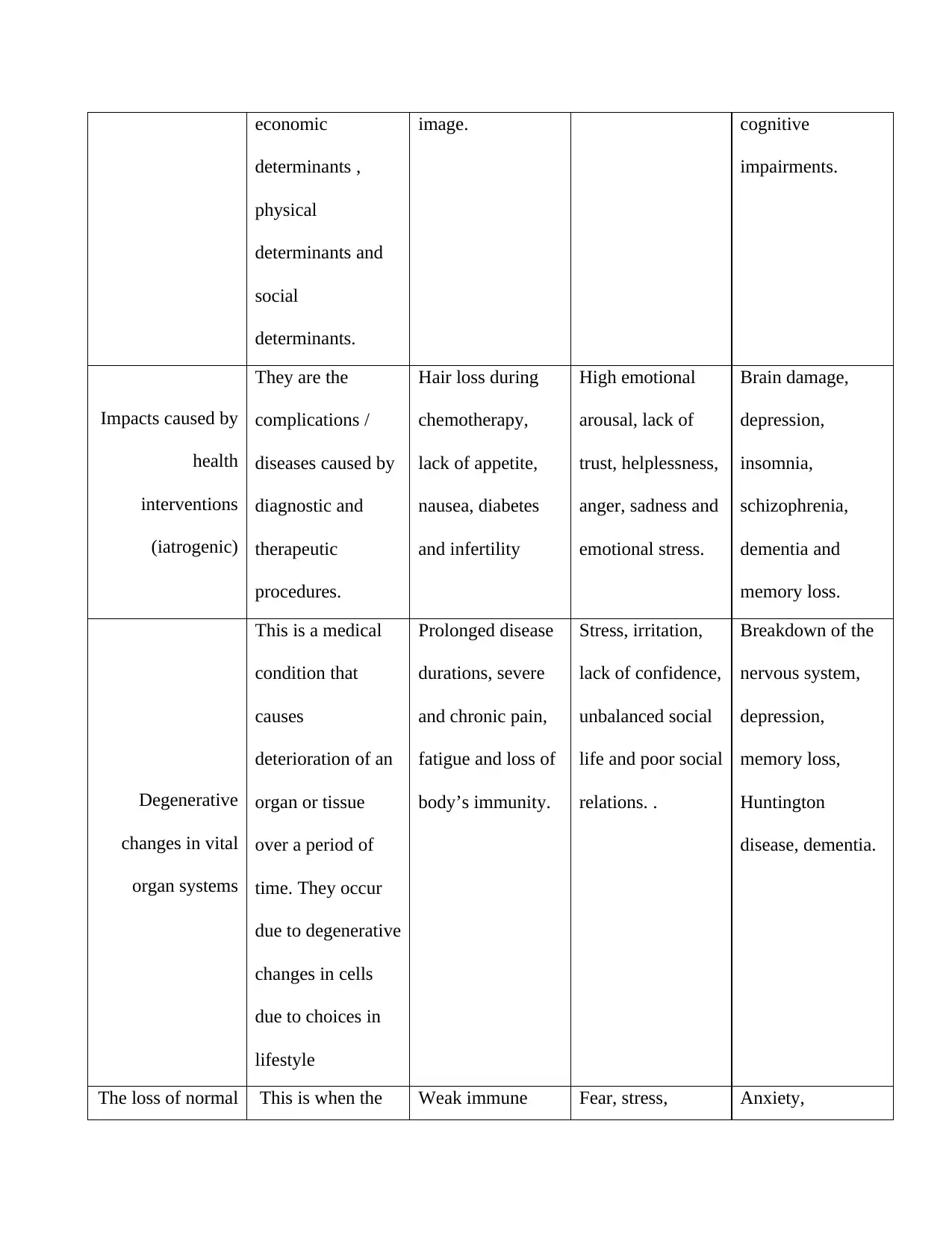
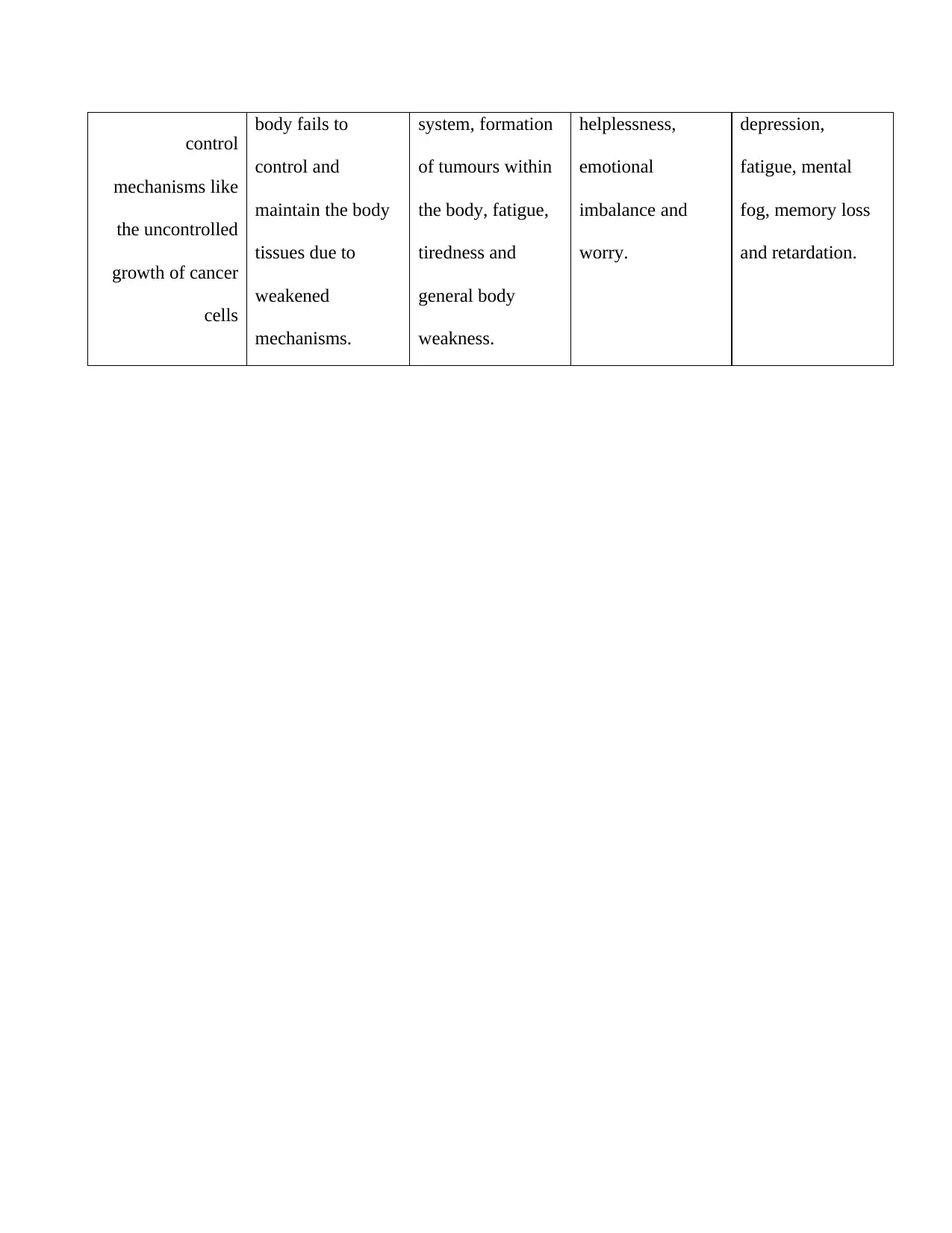


![[object Object]](/_next/static/media/star-bottom.7253800d.svg)